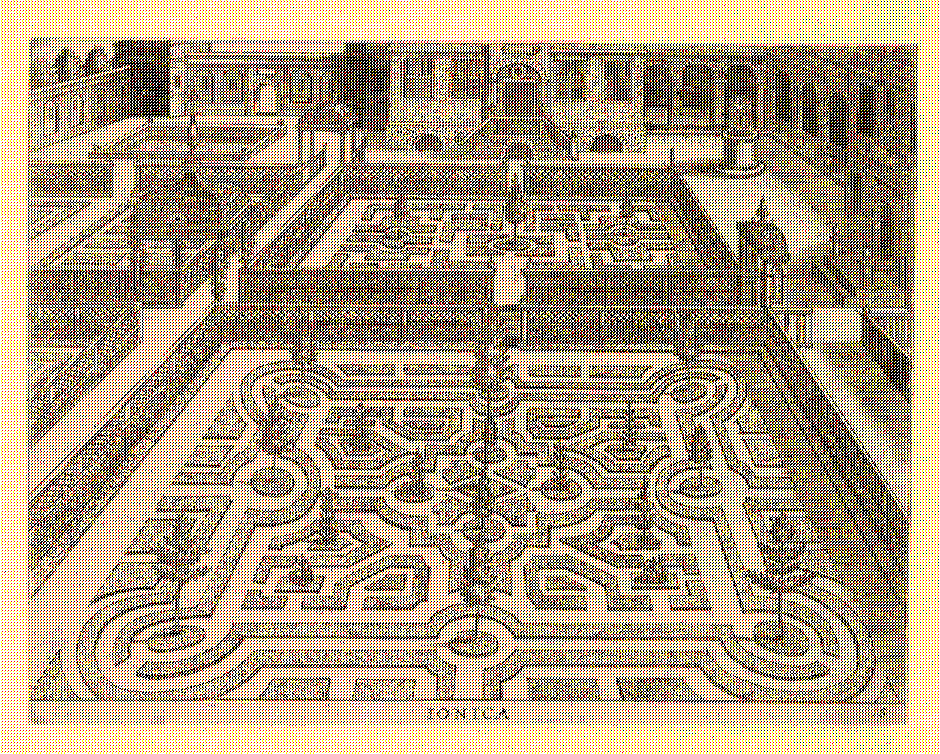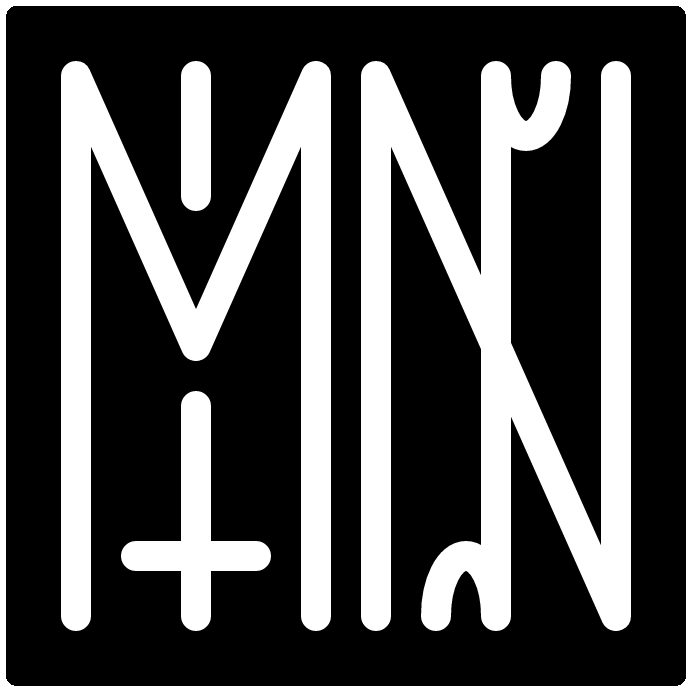memex
this memex is part of a webring
the original memex
The memex is the name of the hypothetical proto-hypertext system that Vannevar Bush described in his 1945 The Atlantic Monthly article “As We May Think”. Bush envisioned the memex as a device in which individuals would compress and store all of their books, records, and communications, “mechanized so that it may be consulted with exceeding speed and flexibility”. The memex would provide an “enlarged intimate supplement to one’s memory”.
(from here)
the garden of forking paths

in a brief history of hypertext there is a mention of jorge luis borges’s short story the garden of forking paths (el jardín de senderos que se bifurcan), written in 1941, which would have been just a few years before the Vannevar Bush article. this story focuses the writing a novel, that is itself a labrinth - each forking path representing a possible future resulting from one version of the novel (as there were many drafts) - the whole novel becomes “an enormous riddle, or parable, whose theme is time”. some consider this a predecessor to the modern hypertext (of the internet) and in some ways, of a memex as well.
zettelkasten
however, the idea, more generally, appears in many forms. another similar one, also analog, but more methodological:
A zettelkasten consists of many individual notes with ideas and other short pieces of information that are taken down as they occur or are acquired. The notes are numbered hierarchically, so that new notes may be inserted at the appropriate place, and contain metadata to allow the note-taker to associate notes with each other. For example, notes may contain tags that describe key aspects of the note, and they may reference other notes. The numbering, metadata, format and structure of the notes is subject to variation depending on the specific method employed.
(from here)
commonplaces

interestingly there are also similar physical concepts:
Commonplace books (or commonplaces) are a way to compile knowledge, usually by writing information into books. They have been kept from antiquity, and were kept particularly during the Renaissance and in the nineteenth century. Such books are essentially scrapbooks filled with items of every kind: recipes, quotes, letters, poems, tables of weights and measures, proverbs, prayers, legal formulas. Commonplaces are used by readers, writers, students, and scholars as an aid for remembering useful concepts or facts. Each one is unique to its creator’s particular interests but they almost always include passages found in other texts, sometimes accompanied by the compiler’s responses. They became significant in Early Modern Europe.
(from here)
digital gardens
another way of talking about the same concept that i have seen in various places on the web are the idea of a digital garden. where rather than a museum, a gallery, a portfolio, or a journal - it’s a place where you can tend to ideas to watch them grow, and share with other’s if they want to visit. i like the idea more generally, as it seems like it strikes a really reasonable balance between the external and internal worlds we live in. furthermore, the concept of coming back to the same idea (i.e. page, theory, writing, notes, etc) and adding to that at a later date is also antithetical to the fast consumption we’re used to online. the same essay doesn’t have to stay the same. it’s ok to update things - or to rip things out when space is needed for other things to grow.
writing your own
there are many tools that already exist that help people try to organize their
thoughts in similar ways - but there is also value in figuring it out for
yourself. similarly, there are ton of options out there for static site
generators. at least for me, i see value in often doing something yourself,
even if there is an easier way. like gardening, or riding your bike maybe.
you can read more about this memex in the  colophon.
colophon.
learning in public
the above outlines what a memex is, and how this one is created. however, why would one want to do this? i think the idea of a memex, zettelkasten, commonplace, digital garden is relaxing - in contrast with so much of the rest of my interactions with other’s online. it feels like a journal, but also a blog, and a notebook. it feels like a portfolio, but also a scratchpad. it also is under your control. if you want to change your mind about something, you can just update whatever you want. at the end of the day, making a memex feels more like learning, and documenting your ideas, in public.
at your own pace, in your own way
as an  anarchist, there is a lot of the above that makes sense in
particular: write at your own pace, in your own way, to create something unique
to your own needs. if your memex doesn’t do something you want it to, the sky’s
your limit - you can change whatever it is you want. it might take a little
more effort, but like consensus decision making, or making bread from scratch,
the end result is worth it. i’ve been very influenced by other people’s gardens
and zettlekastens:
anarchist, there is a lot of the above that makes sense in
particular: write at your own pace, in your own way, to create something unique
to your own needs. if your memex doesn’t do something you want it to, the sky’s
your limit - you can change whatever it is you want. it might take a little
more effort, but like consensus decision making, or making bread from scratch,
the end result is worth it. i’ve been very influenced by other people’s gardens
and zettlekastens:
- xxiivv - devine lu linvega’s wiki
- andy matuschak’s notes
- c2 wiki
- gwern.net
- maggie appleton’s digital garden
- zach manson’s notes
- nicole van der hoeven’s working notes
- indie web
referenced by:  index
index  colophon
colophon  characters
characters  avatars
avatars


